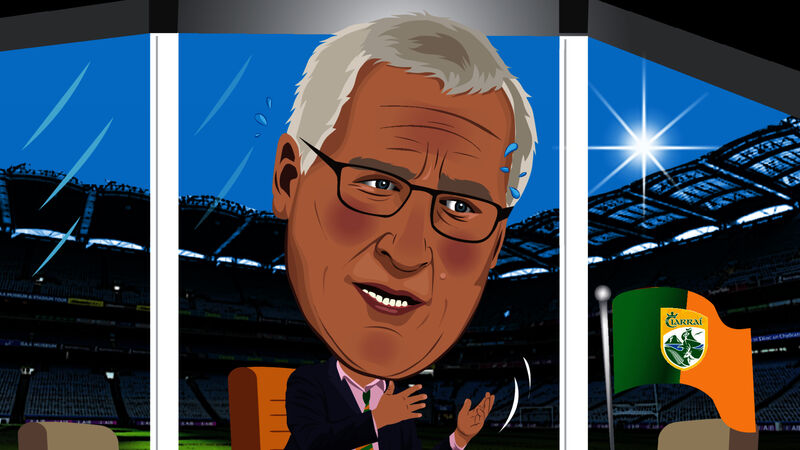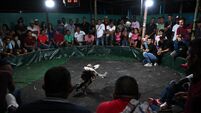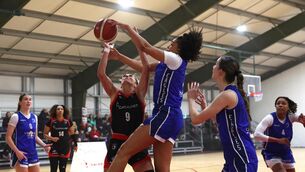Paul Rouse: One last thing... Pat Spillane and the changing face of punditry

What is abundantly clear in the case of Pat Spillane is that his forthright views on Gaelic football were never designed to curry favour. His view of the game and how it should be played (forged and lent credibility by winning eight All-Ireland medals) led to massive controversies over the years.
In the 30 years that Pat Spillane has worked on The Sunday Game, punditry has changed dramatically. Some of the forces that have shaped that change are specific to the GAA, some are related to sport in general, and others are rooted in wider social and cultural change.
From just a handful of pundits working at occasional matches 30 years, there is now a small battalion of professional pundits working against the backdrop of the polyphonic tumult of the Internet.









